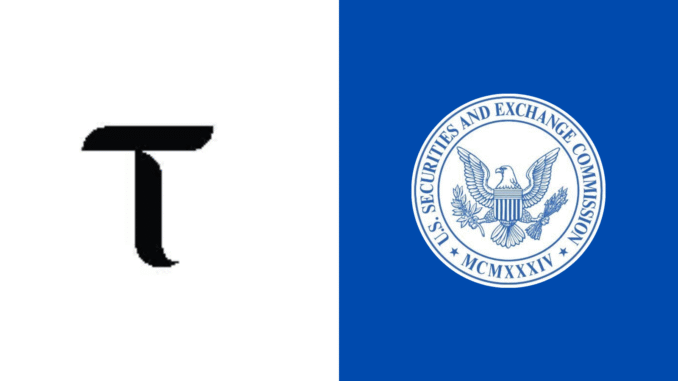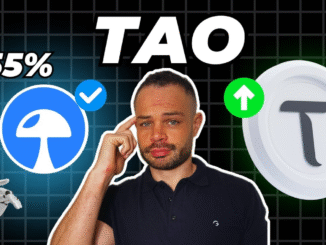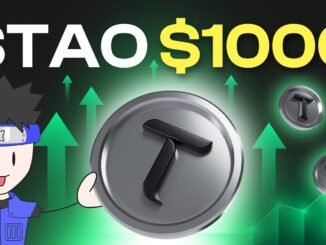
On September 29, 2025, the SEC issued a no-action letter to DoubleZero, a decentralized physical infrastructure network (DePIN) focused on internet connectivity. The letter confirms that the SEC will not pursue enforcement against DoubleZero’s token transfers, provided they are tied to actual network use and not promoted as investments.
This marks the first no-action relief for a DePIN project, signaling that tokens used as functional incentives for real work may fall outside securities rules.
Why It Matters
DoubleZero’s 2Z token rewards participants who contribute fiber links and computing resources, with payouts determined by measurable work. The SEC emphasized that rewards stem from user contributions, not speculation—drawing a clear line between utility and investment.
Legal experts call this a historic precedent for DePIN, offering U.S. projects a clearer path to launch tokens if they focus on utility.
Impact on Bittensor
For Bittensor, which rewards miners and validators for contributing models and compute power with its TAO token, the implications are huge. Like DoubleZero, its value flow is tied directly to participant work rather than a central custodian.
This reduces the risk of TAO being labeled a security, opening the door for more U.S. adoption, institutional capital, and developer growth. As one analyst put it: “This validates that tokens on Bittensor are payments for work, not financial products.”
Market watchers note that similar regulatory clarity has boosted valuations in other decentralized networks by 20–30%—a tailwind Bittensor may also enjoy.
Looking Ahead
The DoubleZero ruling signals a softer SEC stance under Chair Paul Atkins and sets a precedent for utility-driven DePIN projects. For Bittensor, it reinforces its position as a frontrunner and gives the community stronger confidence in scaling without regulatory concerns.




Be the first to comment